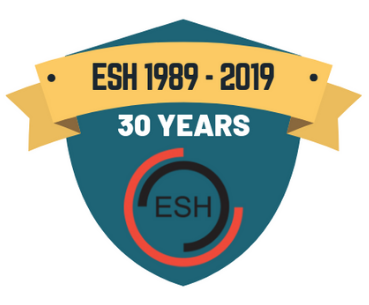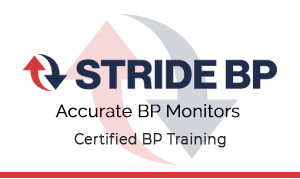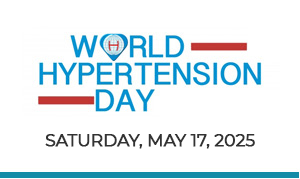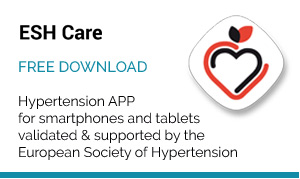ESH-Online Audio News
Peter Nilsson explains his clear recommendation that doctors should manage hyperglycaemia aggressively in patients with Type II diabetes following his discussions in Milan about the meta-analysis of five big studies recently published in The Lancet which confirms a reduction of cardiovascular events. He also discusses Early Vascular Aging (EVA) and what to do about it, namely to use: ADAM: Aggressive Decrease of Atherosclerosis Modifiers.
MILAN, Italy – Patients with Type II diabetes should have their hyperglycaemia managed aggressively following clear evidence discussed during the European Meeting on Hypertension, according to Peter M. Nilsson, MD PhD, Professor of Clinical Cardiovascular Research at Lund University in Malmö, Sweden.
In an interview during the conference he said that doctors can now be reassured that cardiovascular events are reduced by intensive glycaemic control as compared with standard glycaemic control.
Dr Nilsson explained that in patients with Type II diabetes it was controversial whether intensive glycaemic control was beneficial or harmful, despite documented improvements in microvascular disease, following the publication of the ACCORD study (Gerstein HC et al. N Engl J Med 2008) which found a 22 per cent increased risk of total mortality among patients having intensive glycaemic control compared with standard glucose management.
The recent publication in the Lancet from Kausik Ray of Cambridge University and colleagues is a meta-analysis of five studies including ACCORD (Lancet 2009; 373:1765-72). The investigators concluded: “Overall, intensive glycaemic control compared with standard glycaemic control significantly reduces coronary events without an increased risk of death.” There was no reduction of stroke, however.
The study authors believe that individual trials “might have been underpowered to show clinical benefit-especially if event rates were lower than were expected because of improved control of risk factors.”
Dr Nilsson said that because many patients in the ACCORD trial had co-morbidities the rate of decrease of their glycaemia on treatment could have been too rapid, perhaps explaining some of the excess mortality. He gave his recommendations for glycaemic control following discussions at the Milan conference: “The take home message is that you should treat individually and that you should not do it too rapidly-try to evaluate the total risk profile and to reduce blood pressure, lipids and glycaemia,” he said.
But in a reference to the UKPDS trial (Lancet 1998;352:837-53) he added that it is important to lower glycaemiasoon after diagnosis: “Because elderly patients with type II diabetes of more than 20 years duration have too many co-morbidities. They are too susceptible and you should be very careful.”






